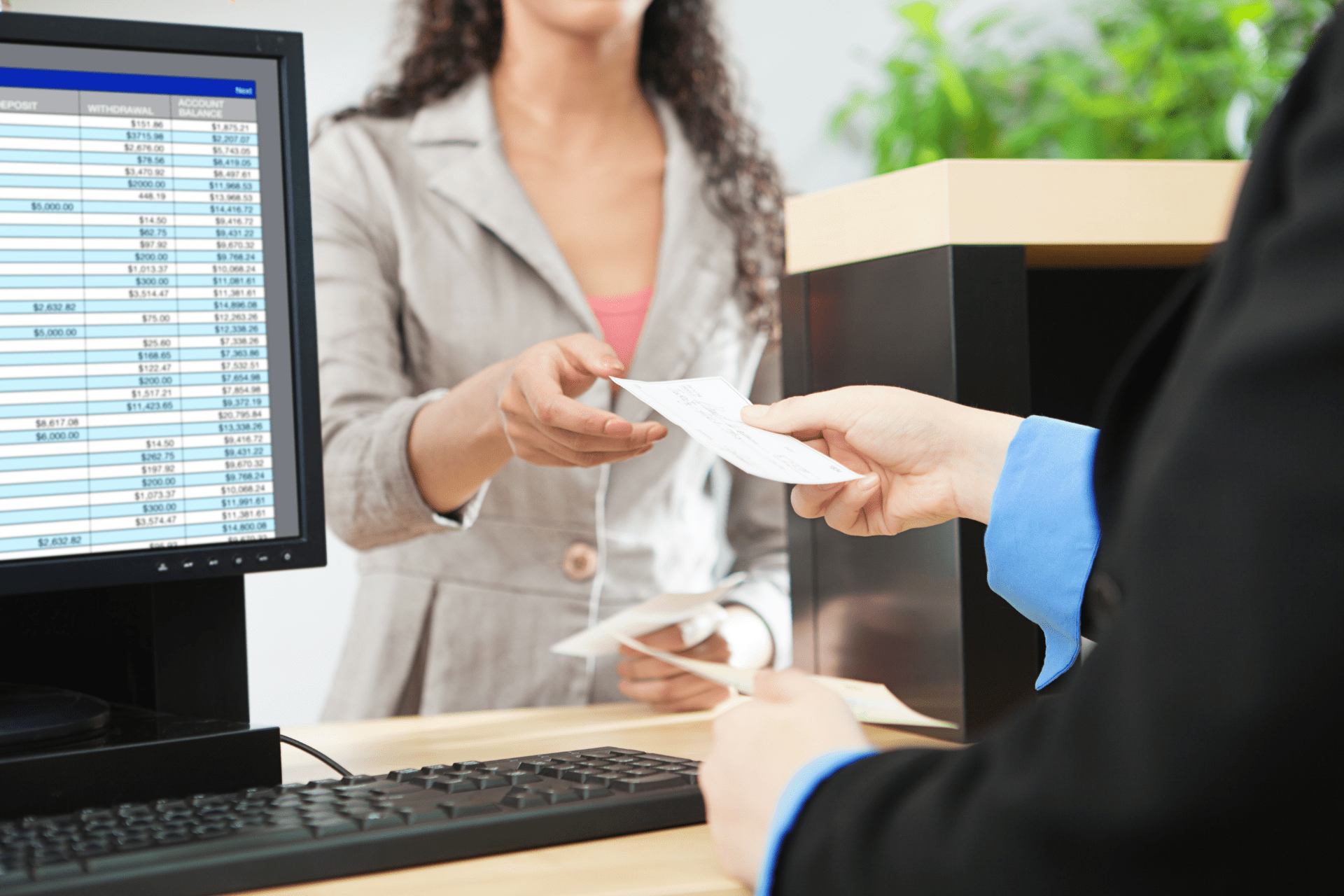You’ve got one bank account for everything—groceries, business expenses, that random Etsy splurge—and now your books are a disaster. You’re trying to track deductions with highlighters and guess your income off a pile of Stripe deposits.
If you’ve ever thought, “Do I need a business bank account?” the answer is yes. Yes, you do. Mixing business and personal finances isn’t just messy. It’s risky, stressful, and avoidable. Let’s stop pretending it’s working and talk about how to fix it—for good.
What Is a Business Bank Account?
It’s exactly what it sounds like — a bank account that’s used strictly for business income and expenses. Not your coffee runs. Not your Amazon Prime renewals. Just the everyday transactions of your business.
A business bank account lets you send invoices, accept payments, pay bills, and track everything without mixing it in with your personal Venmo, your mortgage, or that random $28 charge you can’t even remember.
A business bank account is the foundation of clean books. And if you ever plan to hire, apply for a loan, or file taxes without panic? You’re going to need one.
Who Needs a Business Bank Account

The short answer? You do—if you’re making money under a business name, even if it’s just a side hustle right now.
If you’re earning money for business purposes—whether you’re a freelancer or a registered business entity—you need an account that keeps your business finances separate from your personal life.
Too many business owners wait until tax time or a client audit to realize how messy things have gotten. A business bank account keeps things clean and keeps you out of trouble later.
When Do You Need a Business Bank Account
Honestly? As soon as you make your first dollar. If a client is paying you, or you’re spending money on business expenses, you need a separate account.
The moment your business starts to feel real (even if it’s still part-time), it’s time. Waiting only makes things harder later, especially when you’re trying to track down receipts, prove income, or figure out what was personal and what was business.
And here’s the kicker: most legit business bank accounts require an EIN. Good news? It’s free from the IRS and takes five minutes to get. No excuses.
Why You Should Open a Business Bank Account

Mixing personal and business finances is asking for a mess. Combining personal transactions with business transactions makes everything more complicated. Keeping your business finances separate leads to a ton of benefits:
-
Mixing personal and business finances is asking for a mess.
Letting everything run through your personal account might feel easier now, but it creates chaos fast. When your groceries, rent, and Stripe payouts all live in the same place, it’s almost impossible to know what’s what—and good luck explaining that to the IRS.
-
Tax time gets 100 times easier with clean records.
A separate account means every transaction is business-related. You’re not digging through statements wondering which everyday transactions were personal and which were for business purposes. Everything is already where it should be.
-
It helps you stay compliant and avoid red flags.
If your business ever gets audited and you’ve been mixing personal spending with business income, that’s a problem. Keeping things separate is one of the simplest ways to protect yourself.
-
A dedicated account makes your business legit.
Want to get paid under your business name? Apply for funding? Open a merchant account? You’ll need a business account. Clients and lenders notice when things are set up professionally, and they trust you more for it.
-
You unlock tools and features that make business life easier.
Some banks (like Relay) give you serious perks—multiple accounts, no fees, virtual cards, QuickBooks integrations, and budgeting tools that do the heavy lifting. This stuff doesn’t come with your personal checking account.
Relay Bank: The Best Business Bank Account Partner
Let’s be real. Most big-name business bank accounts come with fees, minimum balances, and hoops to jump through. Relay doesn’t play that game, so I recommend it to every client I work with.
Relay is free. No monthly fees. No overdraft charges. No surprise penalties. You can open up to 20 individual business checking accounts with just a few clicks, so you can separate your taxes, owner pay, operations, and anything else you want to track.
It also comes with physical and virtual cards, integrates seamlessly with QuickBooks, and supports Profit First rules. That means you can set automatic transfers from your income account to your other buckets, and wake up to budgeting already done.
I use Relay for my own business. It’s the best setup I’ve found, especially for business owners who want to stay organized without overthinking it.
Do I Need a Business Bank Account: Frequently Asked Questions
Can I use a regular bank account for my business?
You can, but it’s not a good idea. When you combine personal transactions with business transactions, it becomes nearly impossible to separate expenses or prove your business financials. This matters for everything from taxes to applying for business loans or a business credit card. A business bank account is the first step to running a legitimate business.
At what point do you need a business bank account?
As soon as you start operating as a business entity—even as a sole proprietor—you need a business bank account. It helps you separate personal expenses from business activities, build clean records, and prepare for things like getting a business license, securing lines of credit, or growing your business structure later on.
What happens if you don’t have a business bank account?
Without a dedicated business account, your personal and business finances get tangled. That can lead to audit trouble, denied business loans, and unclear financial records. You’ll struggle to show income, deduct expenses, or prove you’re a legitimate business, especially if you’re using credit cards or managing cash flow across multiple income sources.
Is it illegal to use a personal bank account for business?
No, it’s not illegal—but it can cause problems. If you operate as an LLC or corporation, mixing personal and business funds could “pierce the corporate veil,” putting your personal assets at risk. A business bank account helps protect your legal and financial boundaries.
Work With Bookkeeping Match Up To Stay in Compliance

Still feeling unsure about setting up your business bank account the right way? We pair you with a vetted bookkeeping pro who understands business banking, expense tracking, and how to keep your records clean from the start. Whether you’re just opening your first account or trying to clean up a mess, we’ll match you with someone who gets your business—and gets it right.




